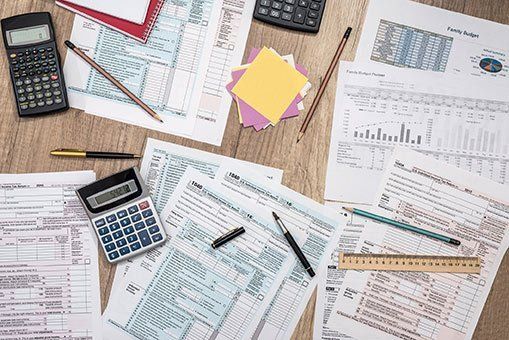ADDRESS: 3900 Newpark Mall Road 3rd Floor Newark, CA, 94560 | EMAIL: daniel@kisnerlaw.com
CALL US FOR A CONSULTATION
(510) 791-5790
Buying a Business? 6 Things to Investigate Beforehand

Buying an established business is a good way to avoid a lot of the financial risk and hassle of starting a business from the ground up. But before you sign on the dotted line, you need to know everything you can about the business you're purchasing. Not doing your research could open you up to liability, financial loss, legal problems, or ongoing disputes.
So what should you investigate before you buy a business? Here are six things every new owner should look into.
1. Tax Documents
You and your attorney should verify that all the appropriate taxes are fully paid to all agencies involved. Check back at least five years for business income tax returns and payments, sales tax documents, property taxes, and payroll tax payments. The last thing you want is a surprise tax lien just as you're getting started.
2. Existing Contracts
Businesses have many contracts. You need to know what contracts you're getting into and which you may want to get out of. What are the terms of the property lease? Can you take it over or do you need to negotiate a new one? What equipment leases are in place on other assets? What contracts exist with established clients and vendors? What open contracts need to be fulfilled with customers?
Have your lawyer examine all contracts to answer some of these questions.
3. Physical Assets
Whether you're buying the business itself or just its assets, take time to physically inspect the condition of all assets. Get a list of assets from the seller and verify their existence, location, and condition. Learn what's still owed on any large assets and compare that with the actual value of the items. And check the inventory to make sure it's in good sales condition.
4. Accounts
The accounts receivables are money owed to the business, while accounts payable are money the business owes to others. Both of these numbers show what cash you can expect to take in and will have to put out. But, possibly more importantly, they also reflect the business habits of your predecessors and its standing with vendors and customers.
Assessing the receivables and payables, along with payroll records, helps your accountant and attorney verify the business' financial status, account for prepaid expenses, and make sure obligations are paid.
5. Liens
Check public records as well as business records to determine if there are any outstanding liens on company property, such as from a bank, vendors, or contractors. Your attorney can help research this through federal, state, and local government websites, as well as in-person inquiries. You may also need to get a title company involved for a thorough search.
6. Employee Issues
If the business already has employees, take the temperature of your future workforce. Are vital employees willing to stay on to help with the transition? Are employees generally happy with their jobs, or do you have cleanup to do? Are there safety issues that need to be addressed, under-compensated employees, or a lack of internal management? These are probably not game-changers for your purchase, but you need to know what you'll face as a new boss.
Along with internal challenges, make sure you know about any legal problems you might encounter. Review records for any unresolved Human Resources issues - such as complaints to state labor boards, employee lawsuits, worker's compensation claims, or internal investigations.
No matter whether the business you are buying is large or small, due diligence is key to ensuring that your investment is a good one. At Kisner Law Firm, we have decades of experience helping California businesses handle sales, purchases, and business transactions of all types. We can help you start your new business chapter off right.
PHONE: (510) 791-5790 | EMAIL: daniel@kisnerlaw.com
ADDRESS: 3900 Newpark Mall Road 3rd FloorNewark, CA, 94560
HOURS OF OPERATION:
- Mon - Fri
- -
- Sat - Sun
- Closed










